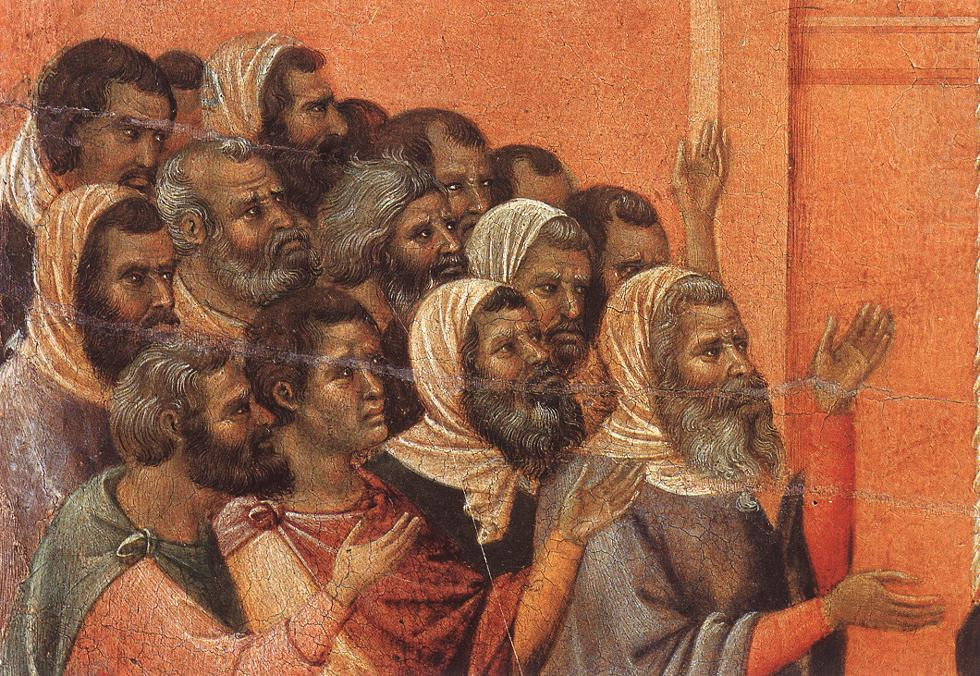Message from Our Lady to Gisella Cardia
- Apr 18, 2023
- 2 min read

(Photo of Pope St. Pius X, who formally condemned the heresy of Modernism* twice in 1907)
October 3, 2022
"My dear children, thank you for being here in prayer and for having bent your knees. Blessed children, your humble prayer comforts me and my Jesus. My children, do not fear regarding what is to come, because I have already spread out my Mantle here today, as well as over all those who have true faith. My children, nourish yourselves with the Body and Blood of my Son Jesus; He left it for you, not as a souvenir, but in His true and living Presence. Children, see to it that modernism in the Church does not contaminate you; be faithful to the true Magisterium of the Faith. Jesus is watching you and sends you the Spirit of discernment as to what is right, what is of God, and what opens the doors going to the abyss of Satan. My children, I am with you and will never abandon you. Walk the path of holiness. Now I bless you in the name of the Father, the Son, and the Holy Spirit. [Then Our Lady added that many graces will descend on those who pray the chaplet to the Most Precious Blood of Jesus.]"
* Here is a brief definition of Modernism by the Servant of God Fr. John Hardon in his Modern Catholic Dictionary:
"MODERNISM. A theory about the origin and nature of Christianity, first developed into a system by George Tyrrell (1861-1909), Lucien Laberthonnière (1860-1932), and Alfred Loisy (1857-1940). According to Modernism, religion is essentially a matter of experience, personal and collective. There is no objective revelation from God to the human race, on which Christianity is finally based, nor any reasonable grounds for credibility in the Christian faith, based on miracles or the testimony of history. Faith, therefore, is uniquely from within. In fact it is part of human nature, "a kind of motion of the heart," hidden and unconscious. It is, in Modernist terms, a natural instinct belonging to the emotions, a "feeling for the divine" that cannot be expressed in words or doctrinal propositions, an attitude of spirit that all people have naturally but that some are more aware of having. Modernism was condemned by Pope St. Pius X in two formal documents, Lamentabili and Pascendi, both published in 1907. (Etym. Latin modernus, belonging to the present fashion.)"





